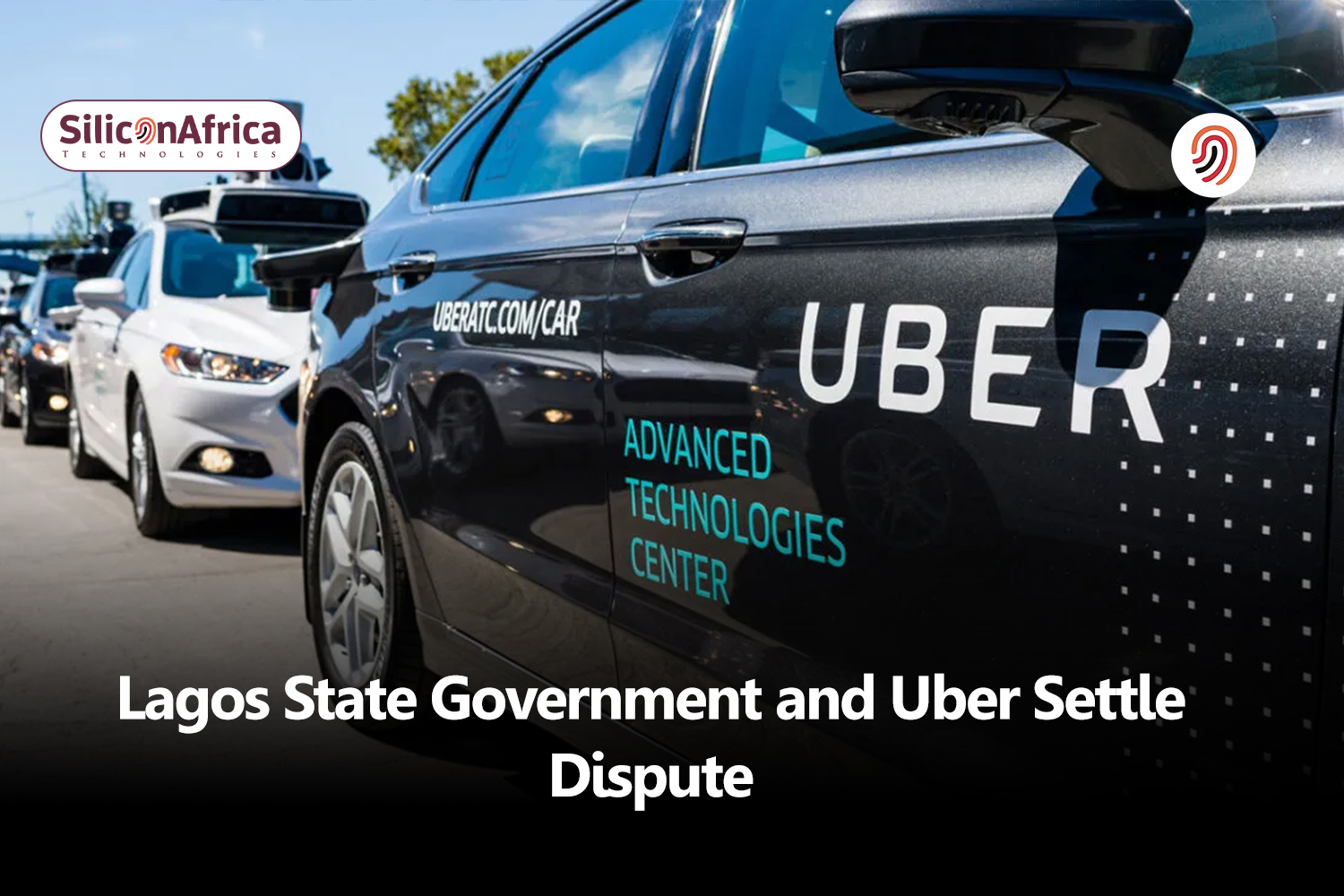Physical Address
60 Ekwema Cres, Layout 460281, Imo
Physical Address
60 Ekwema Cres, Layout 460281, Imo

The Lagos State Government and ride-hailing giant Uber have finally reached a resolution after a month of uncertainty and tension.
The conflict was based on a 2020 deal that required ride-hailing operators within the state to share real-time data.

The information contained in this data was specific in respect to riders’ trips, and their whereabouts.
Uber opposed the Lagos State Government’s bid to impose the real-time data sharing policy by expressing worry over rider privacy and possible misapplication of such information, which led to a month-long face-off.
While Uber called for dialogue with the government, the latter impounded cars known to have been driven for Uber.
Following a series of discussions, both parties emerged with a compromise.
Olasunkanmi Ojowuro, the Lagos State Director of Transport Operations, acknowledged the shift in positions. “We reached a truce with Uber,” he stated. “The state has shifted ground, and Uber has done the same.”
The details of the new agreement haven’t been publicly disclosed, but it appears to address the concerns raised by both sides.
The impounded Uber vehicles were also released “based on compassionate grounds,” as per Ojowuro.
The month-long fight made both Uber riders and drivers in Lagos feel uneasy.
Riders saw fewer cars and worried about service cuts. Drivers feared what sharing their data meant and losing their cars to the law.
The deal made by the Lagos State Government and Uber is good news for everyone as it keeps a crucial transport service running in Lagos and deals with the worries about keeping data safe.
Read More: Edo State Government to Launch Ride-hailing API Integration
The Lagos State Government and Uber need to work closely to make sure rides are easy and clear for people in Lagos.
Good, open talk and working together are key. They should share the details of their new data deal to keep things open.
Plus, both should build rules together that keep riders’ personal info safe but let the Lagos State Government collect data when needed, like for making better roads and managing traffic.
The Lagos dispute is not an isolated incident . There is an increasing concern regarding data privacy in the ride-hailing sector worldwide.
The Lagos State example is used as a benchmark to determine the best way in which to approach the issue as thousands of other cities and countries experience the same issue.
The mutually beneficial interaction between Lagos State and Uber indicates that a harmonious approach may be the way to achieve a balance.
Good relationships among the governments and the players can help improve regulations with a cushioning effect on the protection of user data.
Was this information useful? Drop a nice comment below. You can also check out other useful contents by following us on X/Twitter @siliconafritech, Instagram @ Siliconafricatech, or Facebook @ Silicon Africa.